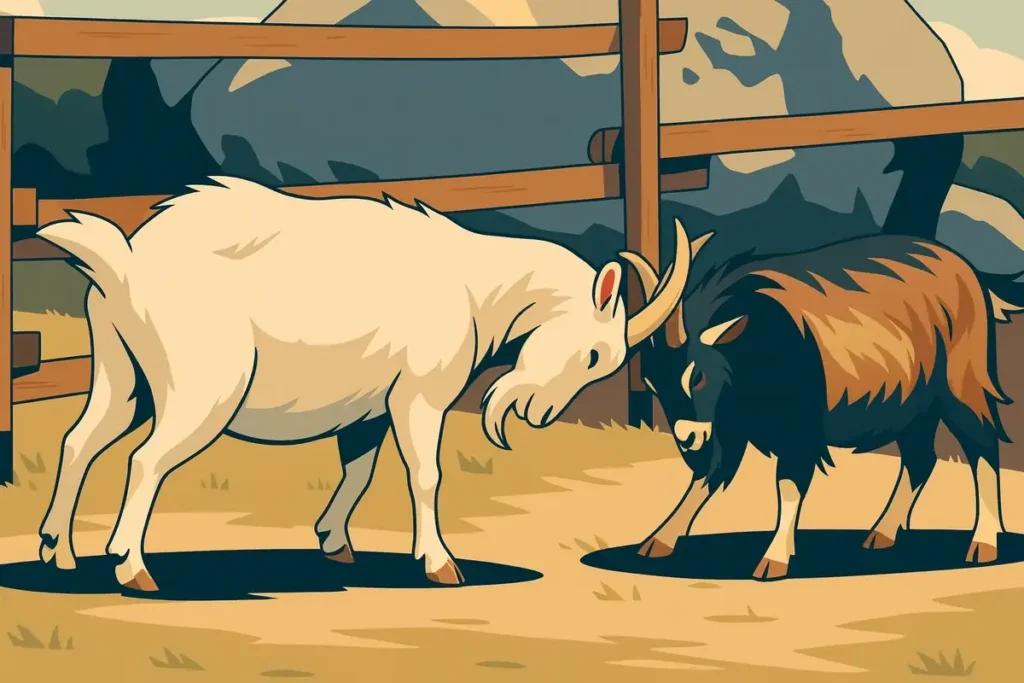Learn Korean Slang with SNL Korea: Hilarious Quiz Scene Explained
In this viral SNL Korea quiz sketch, a riddle meant to be innocent spins into chaos as the guest rattles off increasingly crude answers.
This post explores the humor behind misheard meanings, body-related slang like “슴가” and “젖탱이,” and why laughing at vulgarity is sometimes part of Korean entertainment culture.
You’ll learn key expressions, grammar tips, and the difference between joking and crossing the line.
Learn Korean Slang with SNL Korea: Hilarious Quiz Scene Explained Read More »



